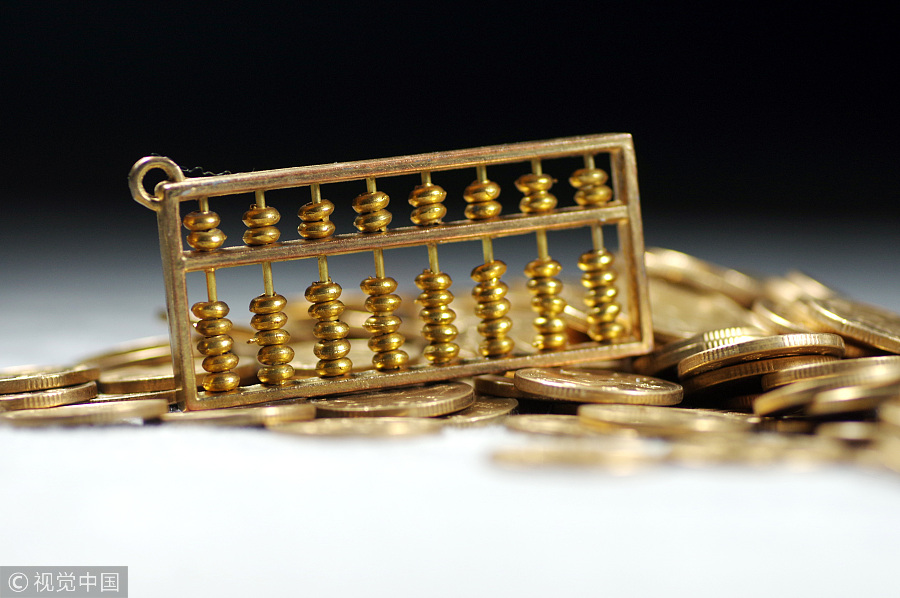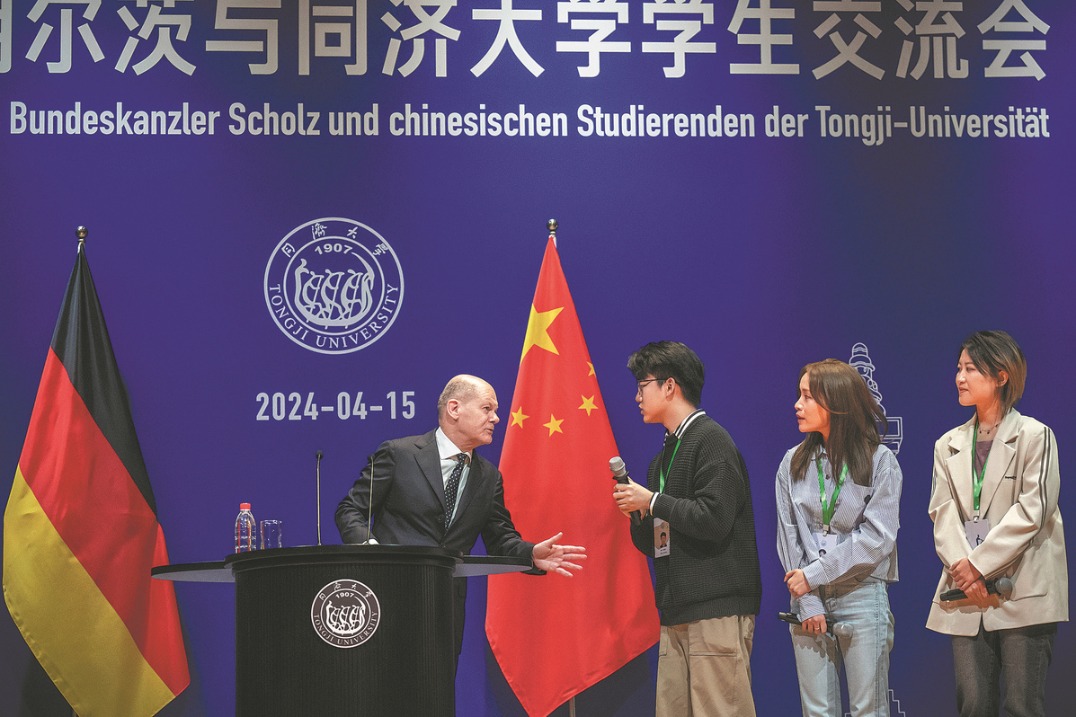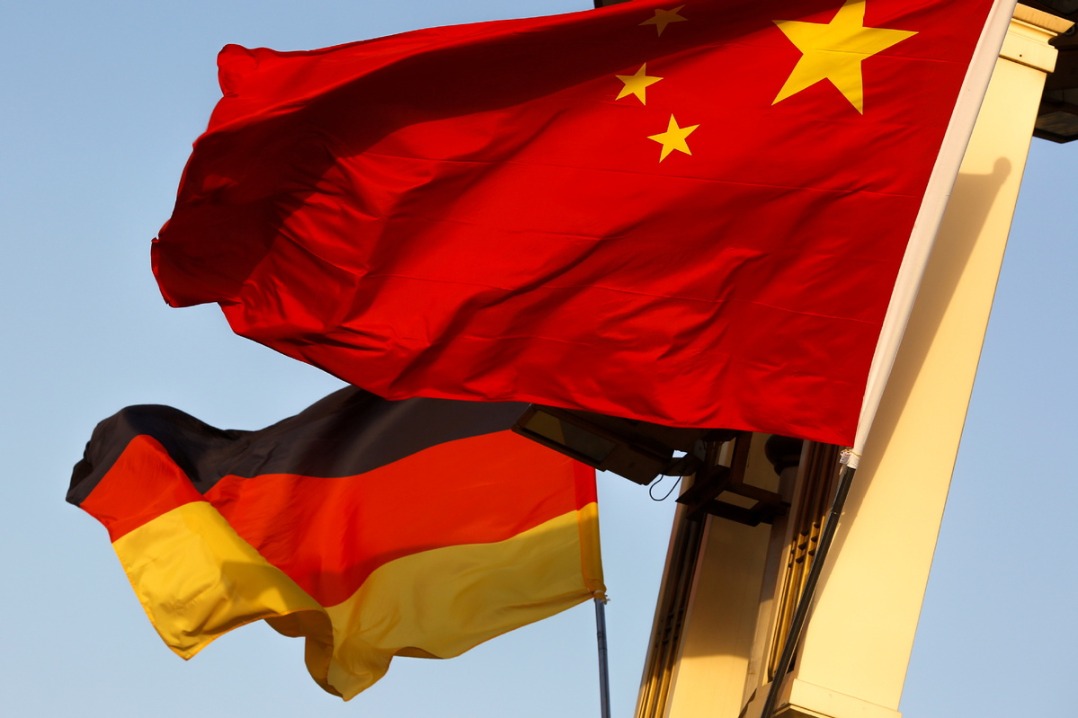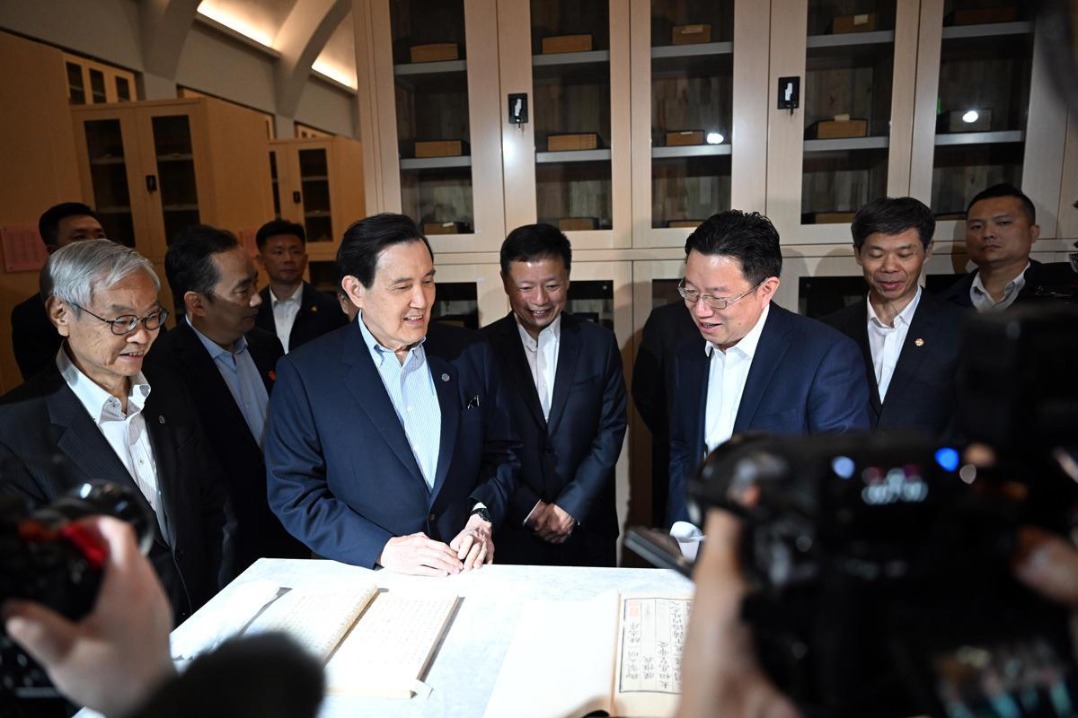Yuan's weakening not due to manipulation: China Daily editorial


In what was widely welcomed as a show of restraint by the United States not to exacerbate the frictions with China, the US government did not, as some anticipated, name China as a currency manipulator.
The decision was a slap in the face of those US politicians who have repeatedly accused China of manipulating its currency. But it was also the correct decision, since China does not meet the three criteria set by the US for designating a currency manipulator.
According to the Trade Facilitation and Trade Enforcement Act of 2015, for a US trade partner to be named a currency manipulator it has to have a significant trade surplus with the US, have a material current account surplus at least 3 percent of its GDP, and persistently make one-sided interventions in the foreign exchange market.
Although China does have a large trade surplus with the US, its current account surplus has dropped to less than 2 percent of its GDP from the peak of nearly 10 percent a decade ago after its efforts to reduce its reliance on exports to boost growth.
And despite the headwinds it faces, China has refrained from driving down the yuan's value in favor of its exporters, and it has maintained a market-oriented exchange rate management regime.
It would be unreasonable to accuse China of manipulating its currency simply because the value of the yuan has fallen against the dollar.
Although the yuan has been weak in recent months — declining by almost 10 percent since April against the dollar — that is not the result of any adjustment by Chinese regulators. Instead, it has been caused by the uncertainties produced by the ongoing China-US trade frictions, the consistent strengthening of the US dollar, and the effect of the interest rate hikes in the US, which have led to capital flight out of the emerging and developing countries, including China.
Compared with the currencies of some emerging economies, the yuan has remained comparatively strong despite its recent weakening.
The yuan's relative strength shows that the Chinese authorities have honored their commitment to allow the market to play a decisive role in deciding the yuan's value and not use its exchange rate as a tool to cope with the China-US trade dispute.
And now that the issue is out of the way, perhaps the two sides can move on to sort out their trade differences.
- Asia, Europe can join hands to resist US unilateralism: China Daily editorial
- Catch the corruption of flies, so they can't become tigers: China Daily editorial
- Tightened security creates virtuous cycle in Xinjiang: China Daily editorial
- Even when battle is won, war against poverty must continue: China Daily editorial
- Letter goes too far in telling Canada what to do with Huawei: China Daily editorial









































